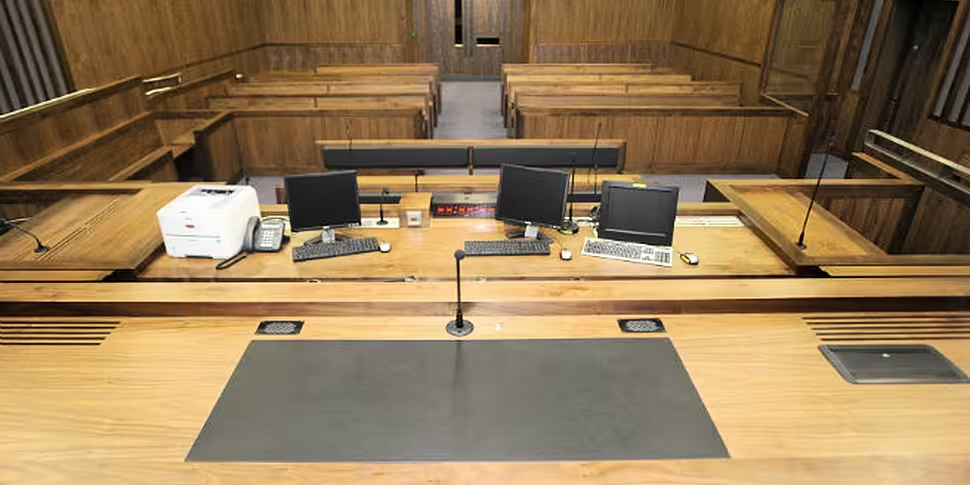Nearly every Irish citizen aged over 18 and registered to vote is eligible to serve on a jury.
While certain groups - such as gardai, TDs and solicitors - are exempt, tens of thousands of summons go out to people across the country ever year.
In 2012 in Dublin alone, 35,000 people received a letter calling them to carry out the civic duty.
What actually happens for those selected?
Newstalk Breakfast spoke to Peter and Emma (not their real names) - two people who have served on a jury.
Emma explained that she was selected for a rape trial. The case lasted around two weeks, and the verdict was not guilty.
"I suppose when you go in, the first anxiety you have is what if this case isn't clear cut and you don't know as a person what verdict you want returned," she explained.
"Then you have the anxiety of 'what if my fellow jurors don't agree with me?'. The right verdict was returned in the end, but I suppose I found I was quite anxious through the process because I took it so seriously.
"Other people on the jury didn't take it so seriously and were quite flippant about it. They nearly had their mind made up on first perceptions," she added.
Peter, meanwhile, served on the jury in an assault case, which lasted just under a week.
"We were a little bit different in that we were dismissed as a jury because we couldn't return a majority verdict," he said.
Emma said she was quite intimidated being in a courtroom for the first time. "Particularly it's very daunting when the person standing trial is within eyeshot of you... that whole thing is very real," she recalled.
Peter said in court they had a 'roll call', and roughly about 60% of people didn't turn up with no excuse given - with others having presented doctors' notes. After that he said "what I was surprised by is your name is drawn out of a hat, effectively a drum.
"At that point you're sworn in if there's no objection to your sitting on the jury. In my case, it did seem to be that a certain type of person, of certain age and gender, was being objected to. But you could stand up and say 'oh, I know the defendant' or if you have a conflict of interest".
During the case itself, Emma observed, "the guidance is very good, but when sometimes it's long days and they're going through very trivial accounts and details, you're sitting there wondering what relevance has it. As the trial goes on you realise that they're trying to establish who has the best account of the events that happened.
"Because it was a rape trial, there was a lot of very intimate details. It's uncomfortable no matter who it is, but when they're sitting in front of you and you're sitting with people you don't know... That side of it can be very tough and very draining," she added.
"In my case as witnesses came forward your mind was changing, and that was very interesting," Peter pointed out. "You're literally pulled way and another, and in our case there was almost a reveal at the end with the last witness that completely changed what went before".
You can listen back to the full discussion on jury duty on the Newstalk Breakfast podcast below.









